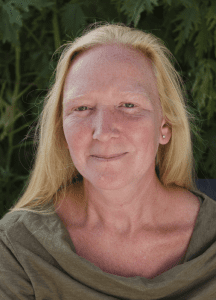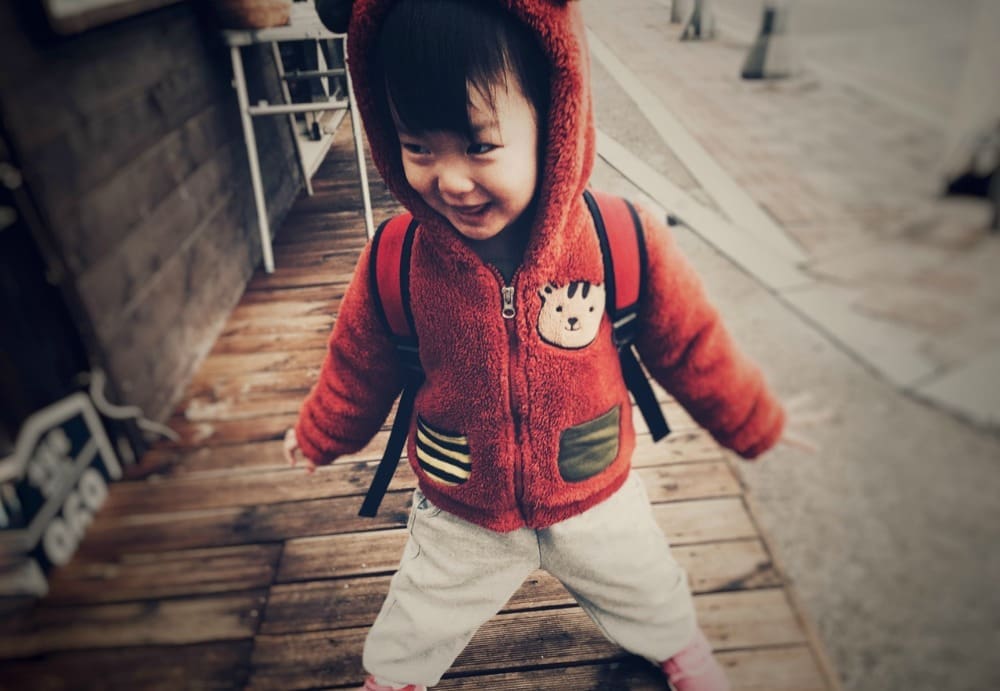When psychological needs are met healthily we develop the thoughts, feelings and behaviours that enable us to feel CONNECTED, that we belong and have a bond with others. When we are born we have this need in order to survive, later this need connects us to our family and wider society giving us a sense of how we fit in and of our self-worth.
We need to feel CAPABLE, that we are competent. It is an important part of parenting to help a child feel they can do something, to build on their confidence, enabling the child to take responsibility for both their achievements and failings. We need also to feel that we COUNT, that we have value and that we can and do make a difference, we are significant!
Finally, perhaps the most important psychological need is our ability to develop COURAGE. When people encourage us we learn to be hopeful, resilient and willing to try and yet have the “courage to be imperfect”* when things are difficult and don’t go right for us. With the right encouragement we can build the ability to handle difficult situations and overcome our fears.
Dr Betty Lou Bettner and Amy Lew (1990), simplified the basics of Alfred Adler’s Individual Psychology into these CRUCIAL C’s that I have just described.
They sound so simple, and yet as parents we struggle sometimes to impart these gifts of living on to our children. We may not have received them all ourselves or we are desperately trying to survive in our adult lives that we miss our own children’s needs. No one expects parents to be encouraging and imparting these things all the time, indeed, children need to know that their parents are not perfect. As children and young adults we develop our own ways of behaving in our efforts to find a role and feel secure within our group or any that we join. We strive to feel that we belong and in this sense of belonging we can develop a good, healthy sense of self and can co- operate and contribute in a positive way to the good of others also.
So you see, when a child perceives their world where one or more of the “crucial c’s” are lacking, it can affect their long-term view of themselves, others and the world around them. This naturally affects a child’s behaviour. Lew and Bettner spoke about the
Lew and Bettner spoke about the goals of misbehaviour or patterns of behaviour likely to be displayed when the Crucial C’s are unmet or even when they are felt to be unmet. When we feel we cannot connect, we are likely to engage in attention seeking; when we don’t feel capable, we are likely to seek power; when we do not feel that we count, we may seek revenge and hurt others in the ways we’ve been hurt; when we feel discouraged, we assume disability and seek to avoid life’s demands.
Misbehaviour is a child’s solution to their feelings of inadequacy and insignificance. They come from the disparity between the striving to belong and early life experiences. It is never too late to encourage a child or adult. In later life we can still develop our feelings of self-worth and belonging through the genuine friends and people we engage with who encourage us to be ourselves.
 About the Author: Isobel Harries (BSc(Hons) Psych(Open))
About the Author: Isobel Harries (BSc(Hons) Psych(Open))
Isobel is a qualified and experienced psychotherapeutic counsellor. Her work with clients mental health problems spans many therapeutic areas. She works in a holistic way, looking at clients physical symptoms alongside facilitating exploration of their early life experiences that have gone to form the ‘blue print’ of the beliefs they hold about themselves, others and the world.
Given the difficulties people have accessing counselling in her rural area, Isobel decided to address this issue and created her on-line counselling service ‘Mind Wellbeing‘.
She divides her time between administering her on-line service, fund-raising for The Mind Wellbeing Charitable Trust and caring for her family in rural Wales in the UK. She also loves hill walking with her dog Diesel, the sea, reading, gardening, cooking and meeting new people.
Find out more about Isobel on her website www.mindwellbeing.co.uk or on Facebook.


Thanks for writing this article, keep them coming
Thank you Linda,
I am working on another already ?
Just what I needed! I’m 58 and learning how to be happy again! Thank you, thank you ???
Thank you for reading my article and giving me encouragement.
i just got to see what you wrote, but to be honest, this is amazing, i would like to be a writer too, would you like to put me through
Hello, thank you for your message.
I think if you have an article to put forward, you just need to contact Karen Young directly on this website. I hope this is helpful?